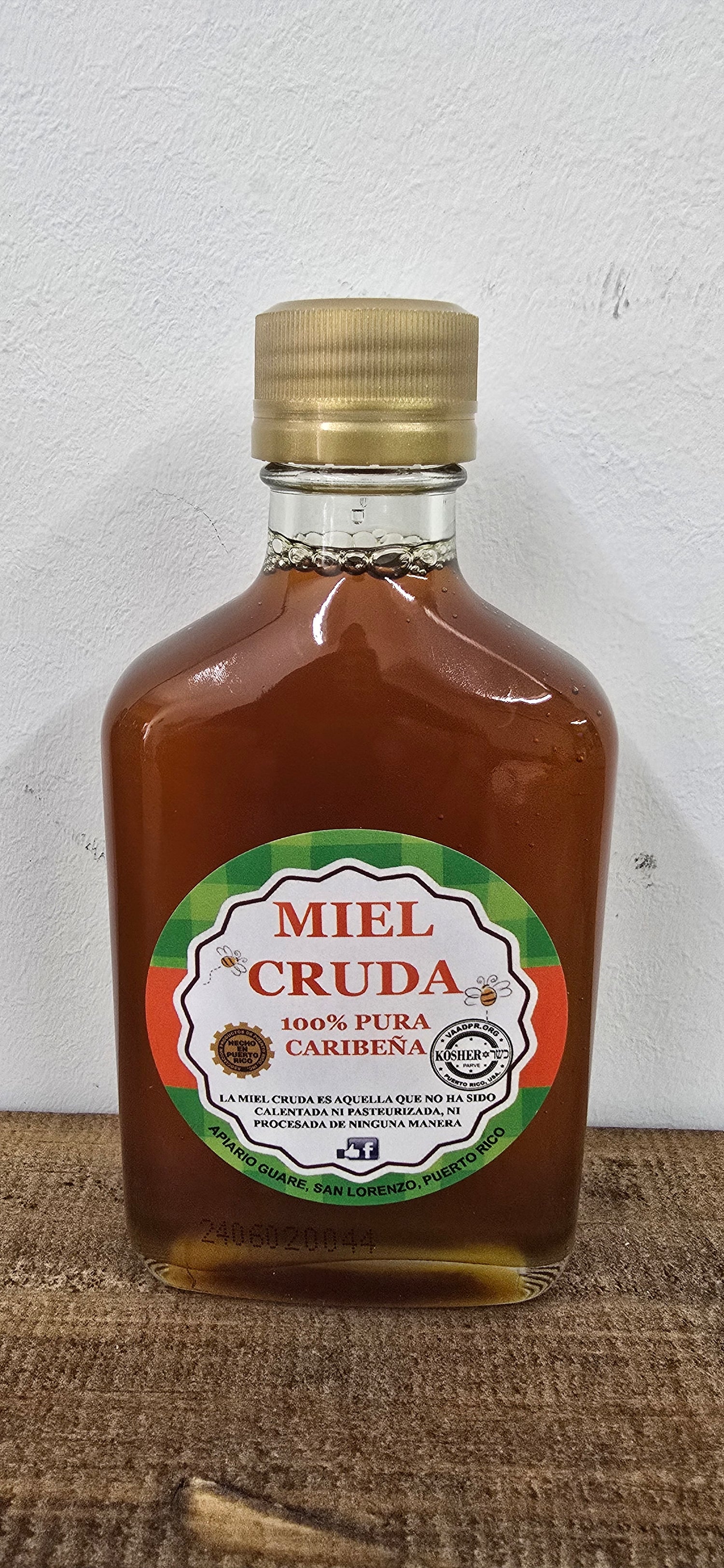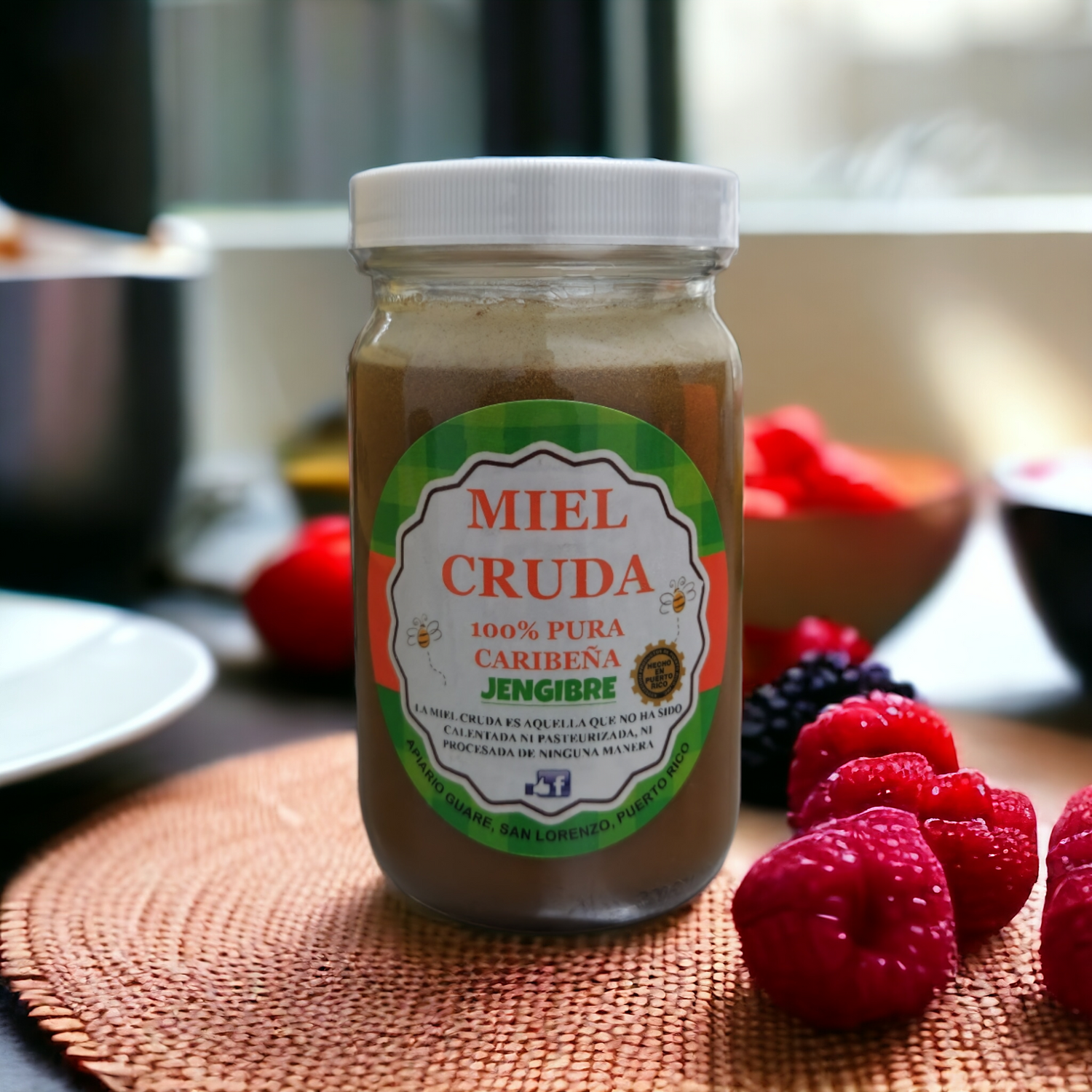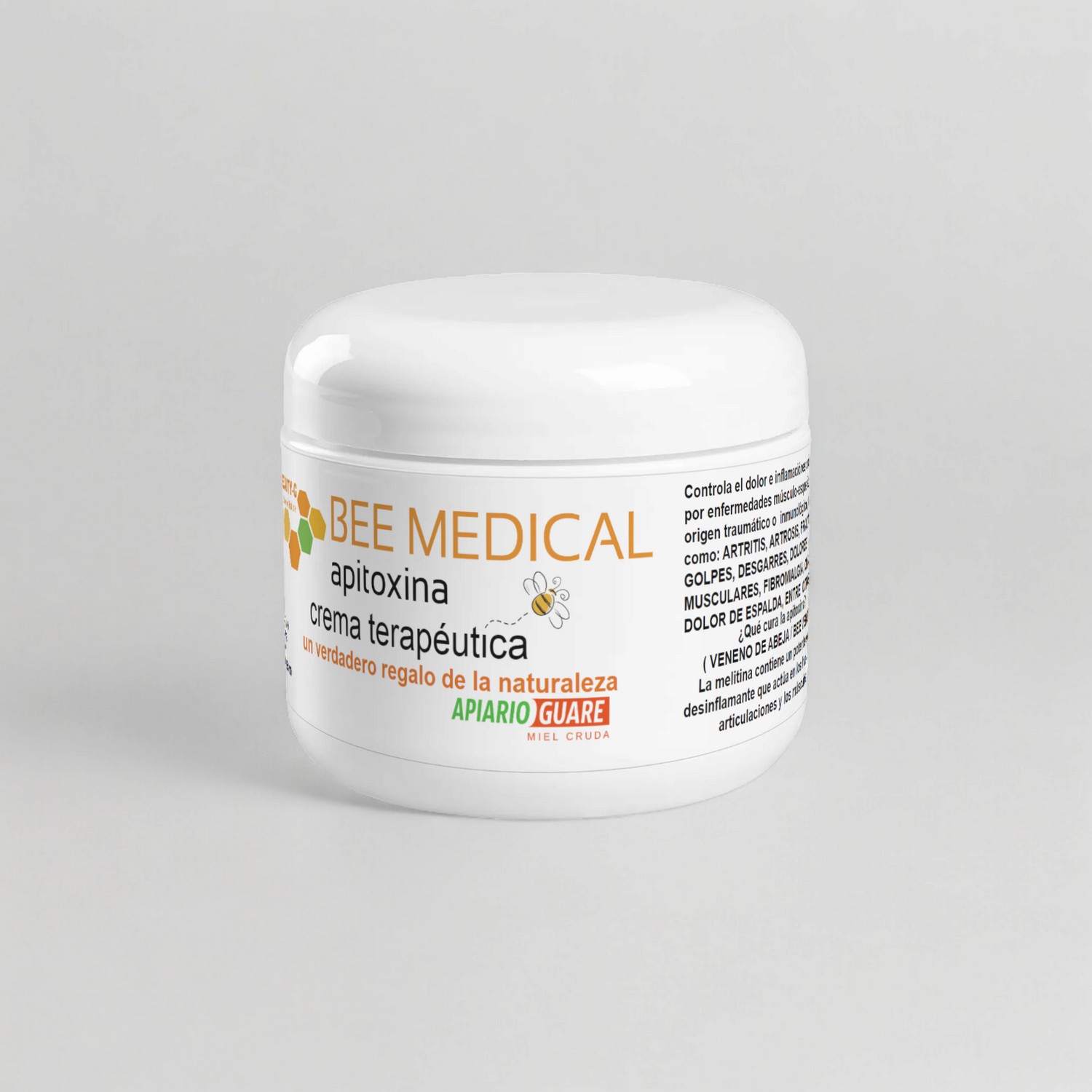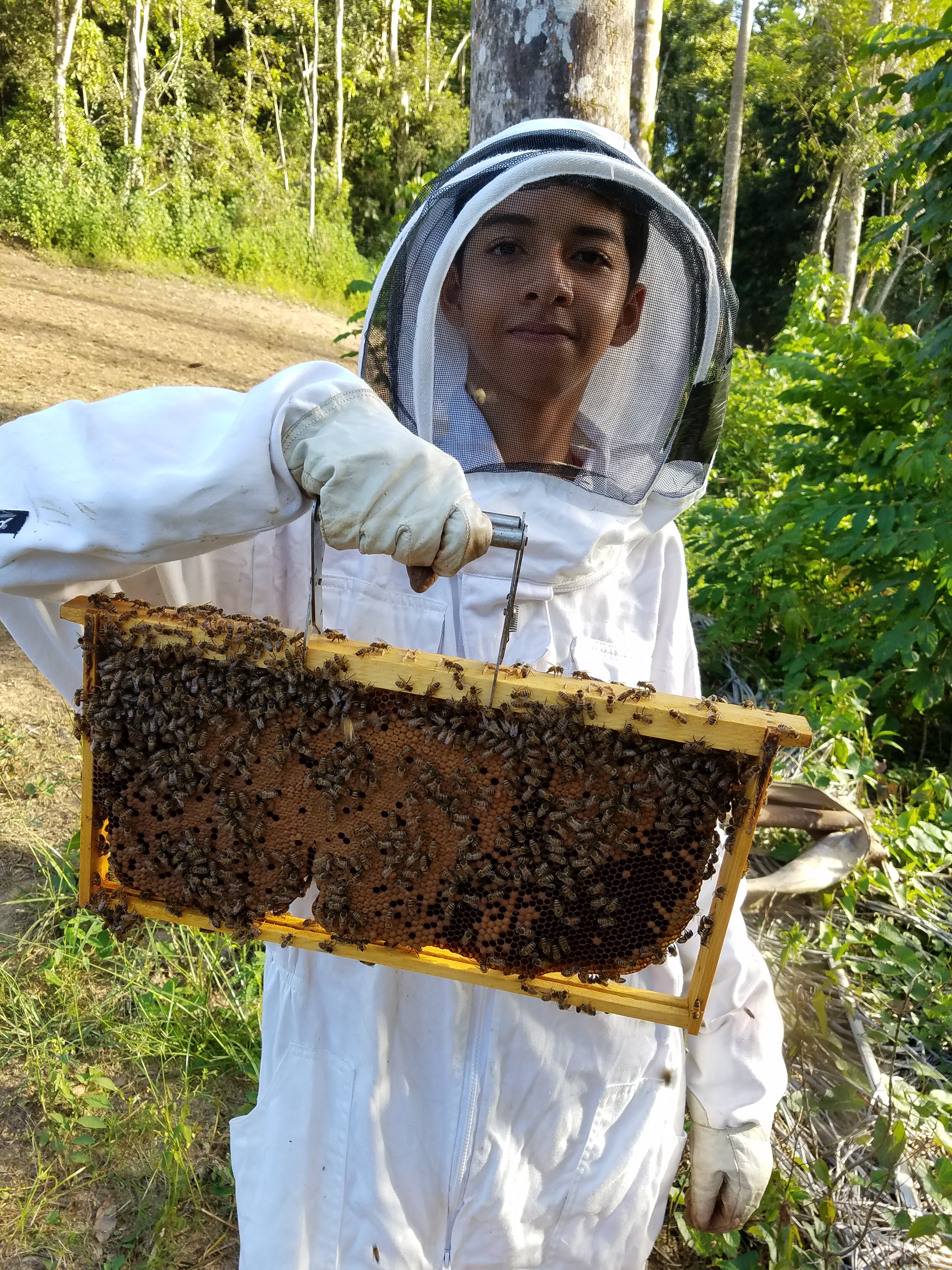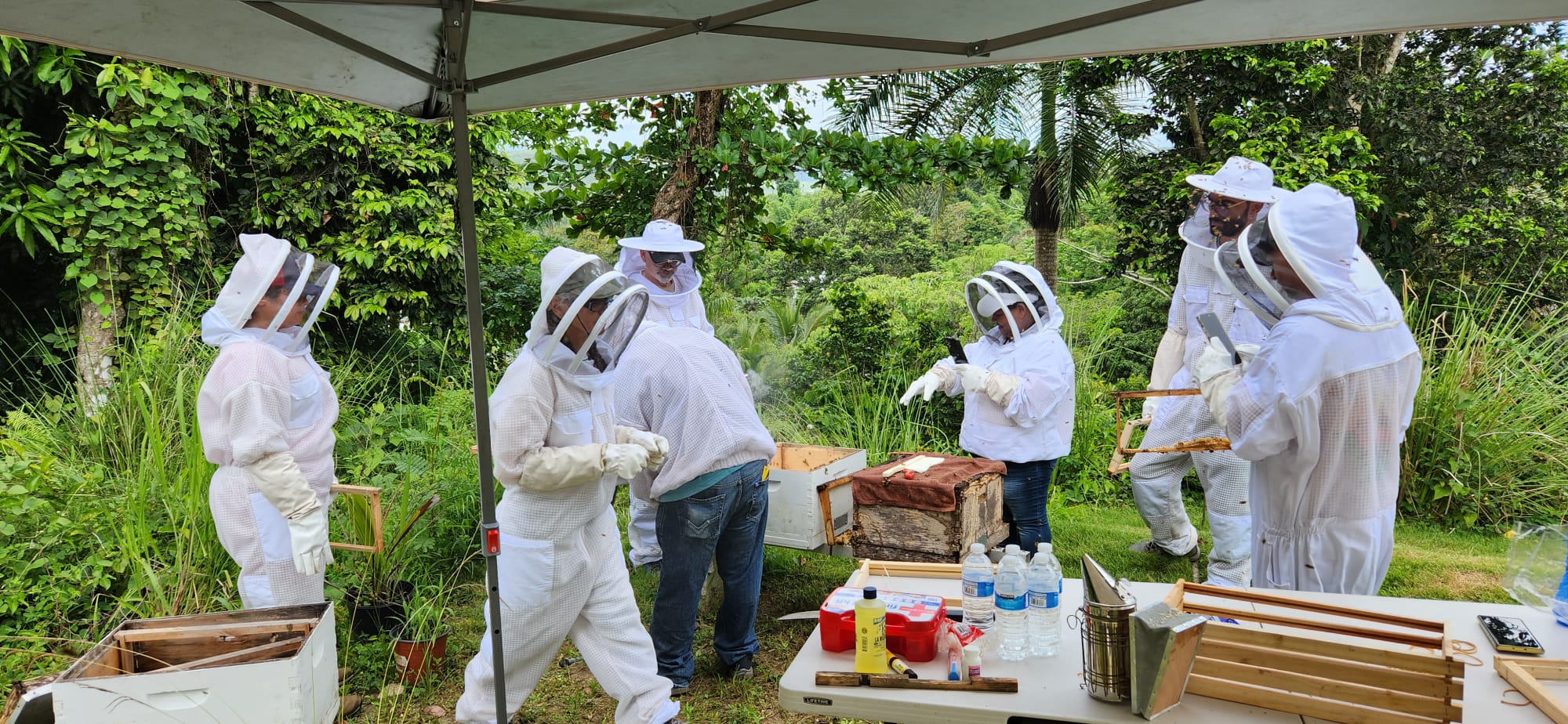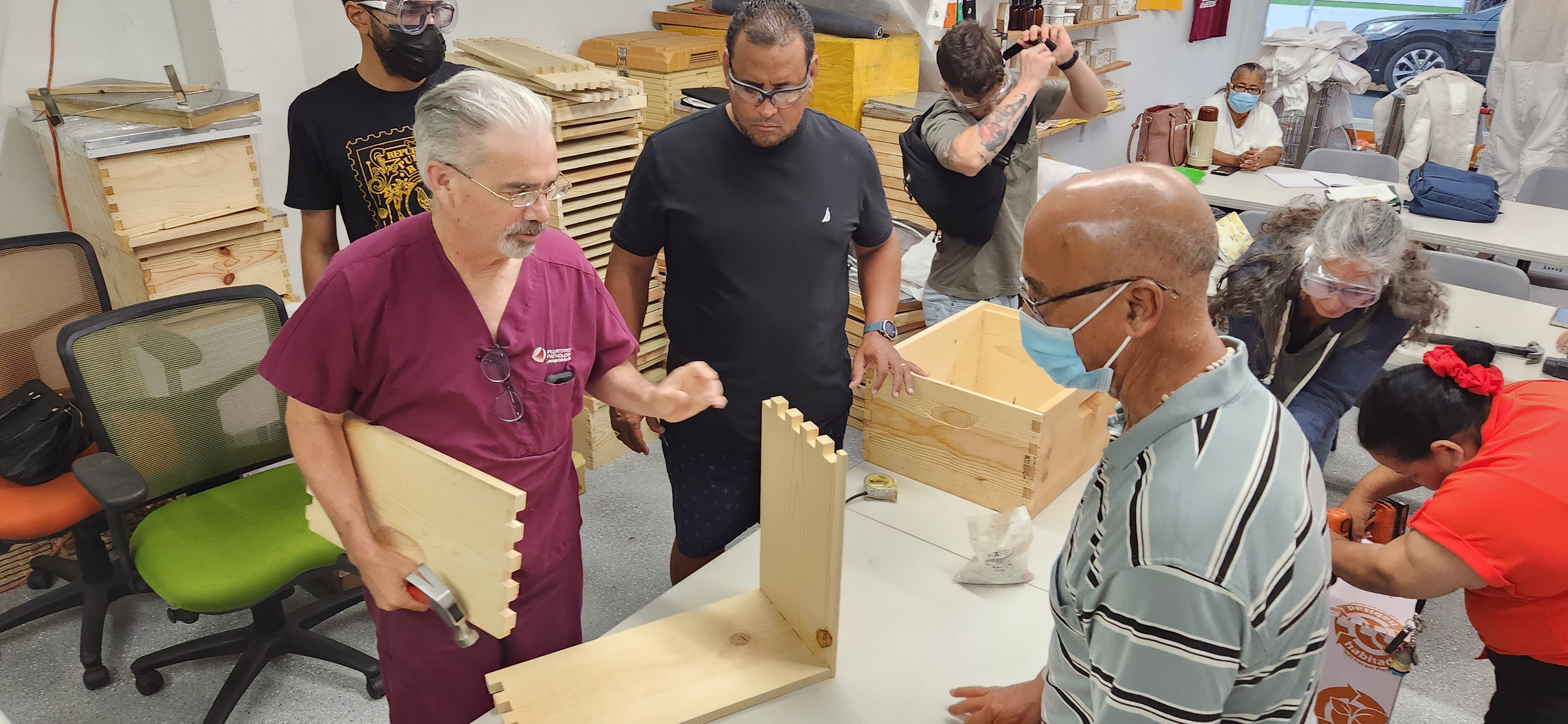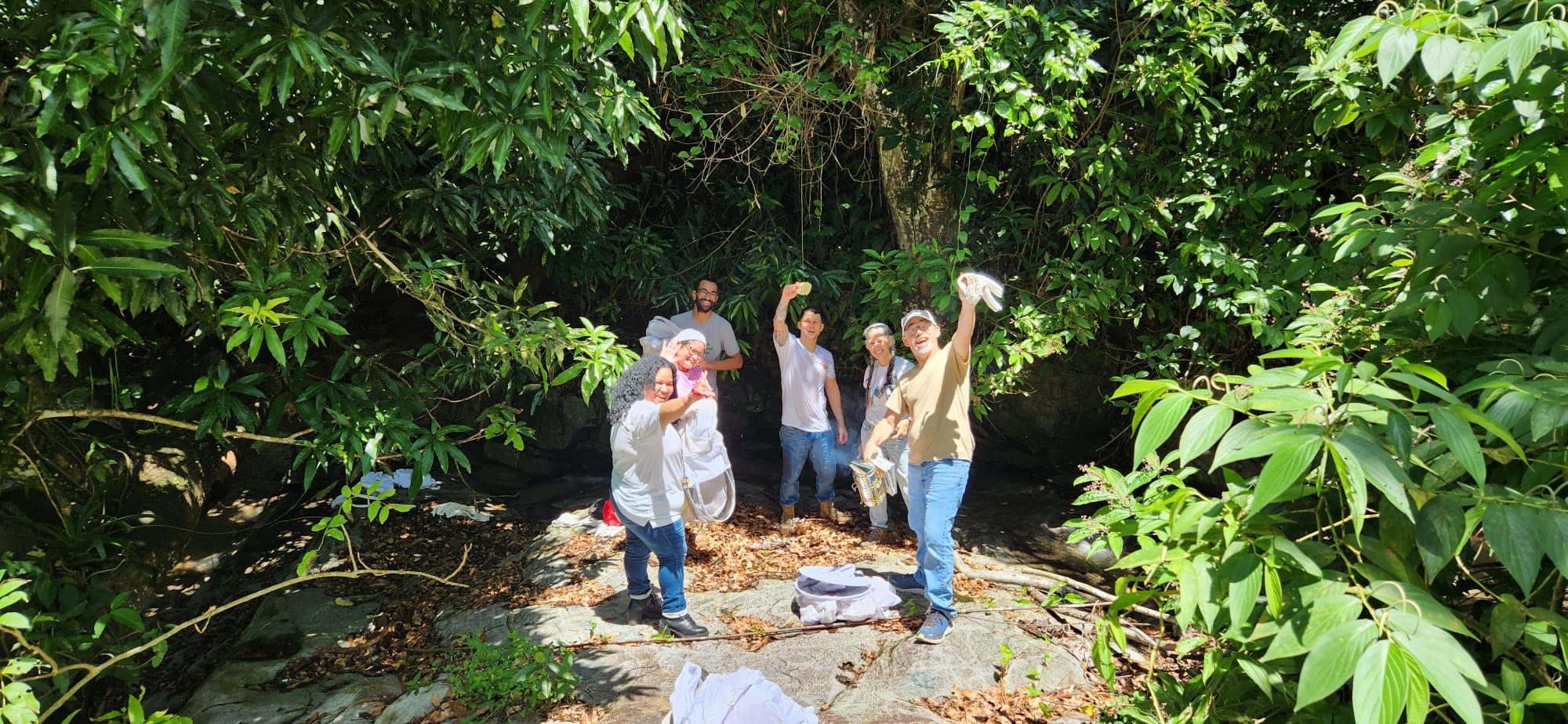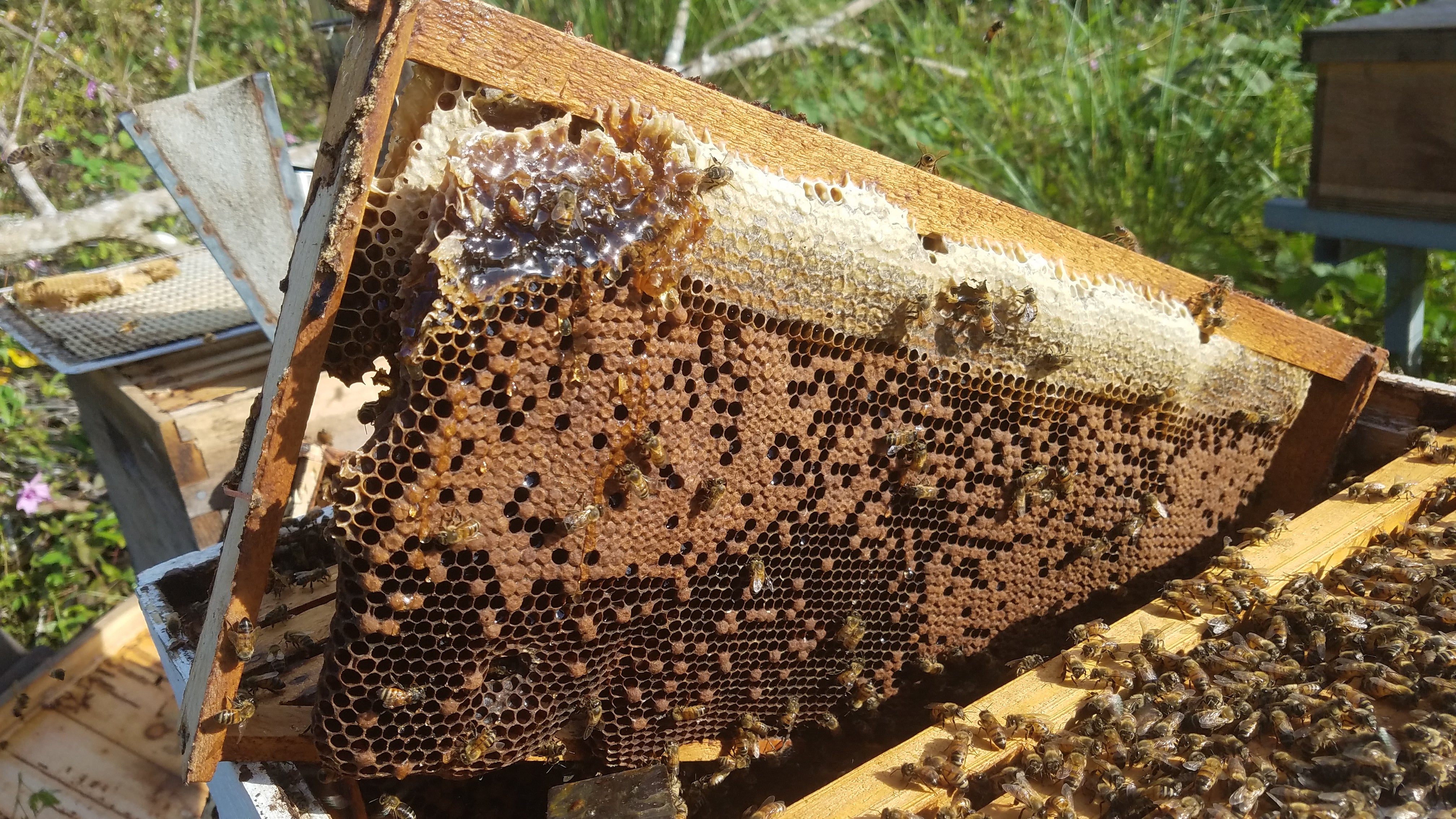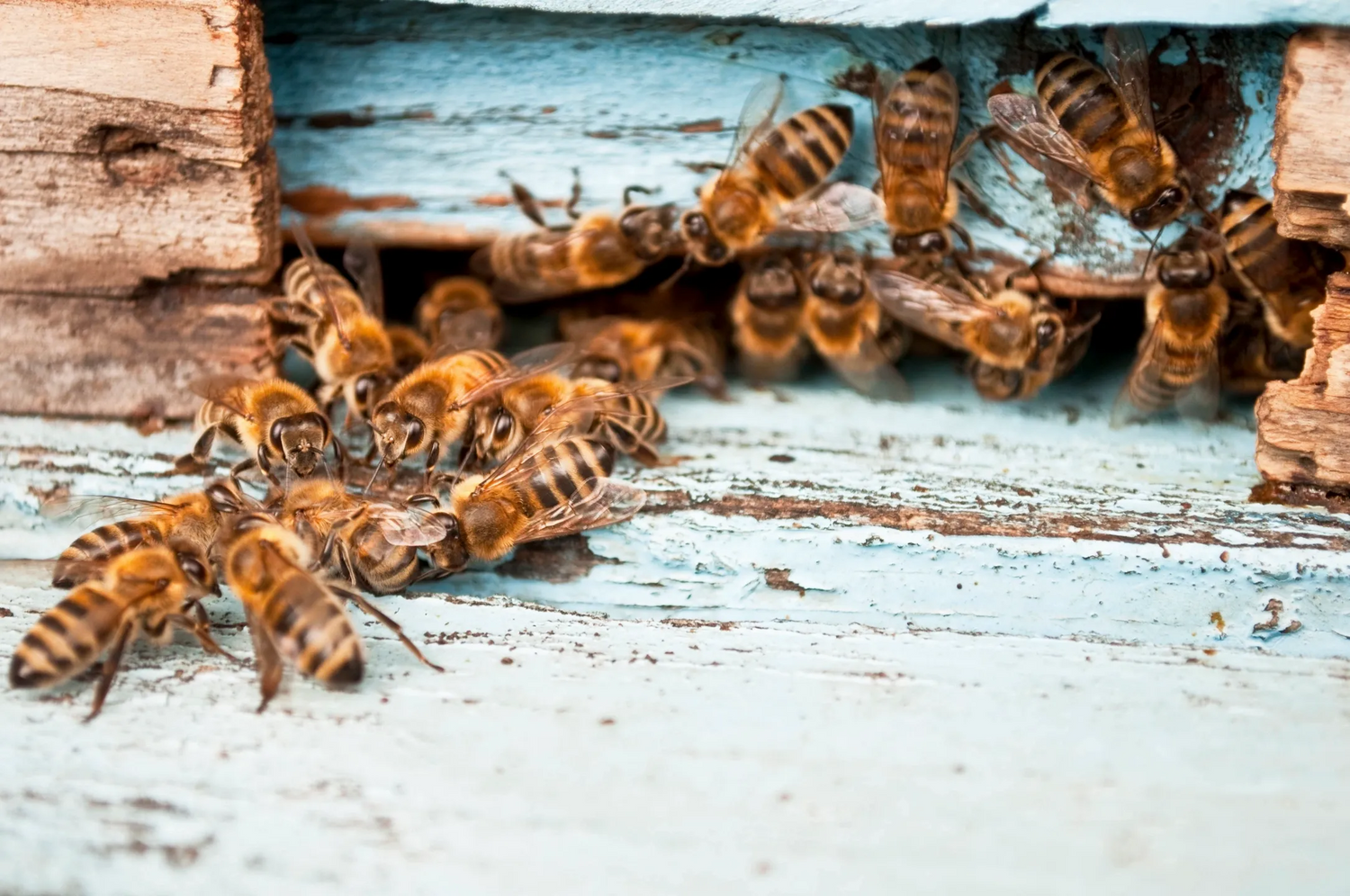
Explore our online store and discover what bees have in store for you.
Buy nowThe company
Vision
Educate the community about the benefits of consuming Raw Honey to achieve better health and as a natural remedy. Additionally, create a social and agroecological impact through our beekeeping work.
Mission
Revolutionize the concept of Raw Honey consumption and become a unique product in its class, transmitting our energy and passion by offering high quality products to our consumers.
Subscribe to our email
Be the first to know about new collections and exclusive offers. Receive a 10% discount with code APINEW when you subscribe
The man who lives with bees in San Lorenzo
Featured Products
Raw Honey FAQs
What is raw honey?
Raw honey is obtained directly from the hives and does not undergo significant heating or filtration processes, thus preserving all its natural components. Contains glucose, fructose, water, minerals, vitamins, amino acids, pollen and propolis.
What is the difference between raw honey and processed (pure) honey?
Raw Honey: Raw honey is extracted directly from the hives and does not undergo significant heating or filtration processes. Therefore, it retains all its natural components, such as pollen, propolis and enzymes, and usually has a richer flavor and denser texture. Raw honey can crystallize over time, which is a sign of its purity. It may have small particles and lumps due to the presence of pollen.
Pure Honey: The term "pure honey" is generally used to refer to honey that has not been adulterated with artificial ingredients or added sugars. However, pure honey may have undergone moderate heating and filtration processes to remove impurities and improve its clarity, which differentiates it from raw honey. Pure honey is still natural and healthy, but it may have lost some of its natural components compared to raw honey.
The main difference lies in the degree of processing. Raw honey is less processed and retains more of its natural components, while pure honey may have undergone minimal processing to remove impurities, but is not necessarily raw in its most natural state. To ensure you're getting raw honey, look for products labeled "raw honey" and check the source and brand to ensure authenticity.
What is adulterated honey?
Adulterated honey refers to honey that has been modified or diluted in some way with substances that are not natural or do not come from bees. Honey adulteration can occur for a variety of reasons, such as increasing the volume of the product for more economic gain or improving the appearance and texture of the honey.
Some common forms of honey adulteration include:
- Dilution with water: Water is added to honey to increase its volume, which reduces its quality and flavor.
- Adding sugar or syrup : Honey is mixed with sugar or high fructose corn syrup to increase the sugar content and volume of the product.
- Excessive filtration: Honey can be subjected to an intensive filtration process that eliminates particles and natural components, reducing its nutritional quality.
- Excessive heating: Prolonged heating at high temperatures can degrade the natural components of honey, such as enzymes and antioxidants, decreasing its nutritional value and flavor.
- Adding artificial flavors and colors: Sometimes, artificial flavors and colors are added to improve the appearance and taste of honey.
Honey adulteration is a significant problem in the food industry as it can mislead consumers and decrease product quality. To avoid adulterated honey, it is important to purchase honey from trusted sources and read product labels to ensure they are 100% pure/raw honey. Regulation and quality control are essential to ensure the authenticity and purity of honey on the market.
Is raw honey safe to consume?
Yes, raw honey is safe for human consumption, but due to its natural state, raw honey is not recommended for children under 1 year of age or people with immunodeficiency. This is because raw honey may contain spores of Cloristridium Botulinum , which can cause Botulism in these people. Consult with your primary doctor.
Does raw honey expire?
Raw honey is known for its long shelf life. It does not expire in the traditional sense, but over time it can crystallize. This is normal and can be reversed by gently heating the honey in a warm water bath (bain-marie).
Can I consume raw honey if I have diabetes?
Yes, diabetics can consume raw honey in moderation. It is recommended to replace table sugar with raw honey, since the glycemic index (GI) of honey is lower than sugar. Because of this, the absorption and elevation of blood glucose will be lower and more sustained.
It is recommended to speak with your primary doctor before consuming honey or making changes to your diet.

